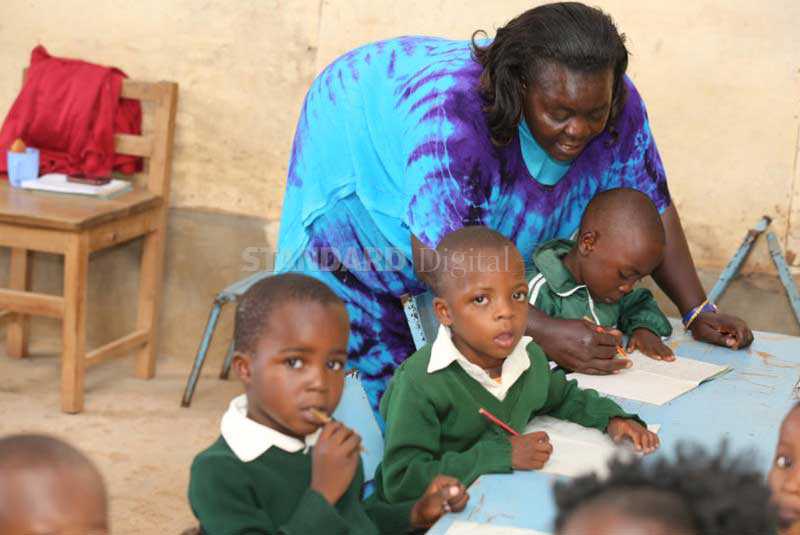×
The Standard e-Paper
Smart Minds Choose Us

Uncertainty and confusion are reigning in public and private primary schools as teachers and parents are unsure of how the new curriculum will be implemented in lower classes.
The state of confusion surrounding the new 2-6-3-3-3 system, which is being piloted in all schools across the country before the roll-out next year, has been compounded by delayed delivery of learning materials.